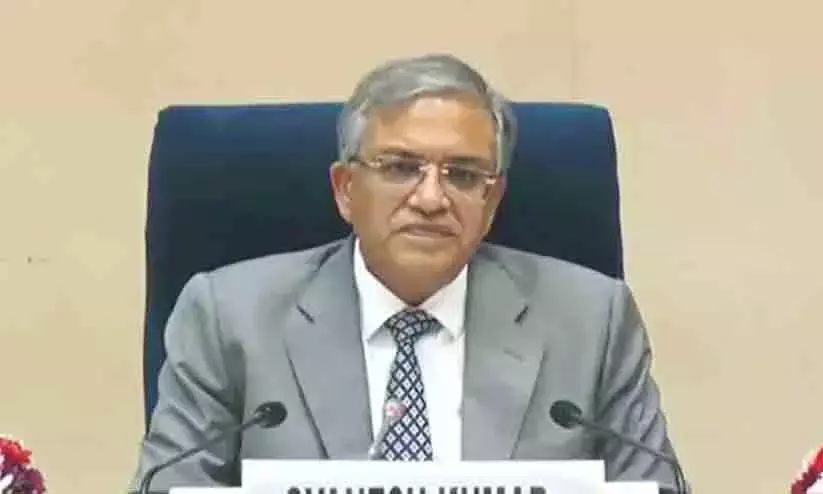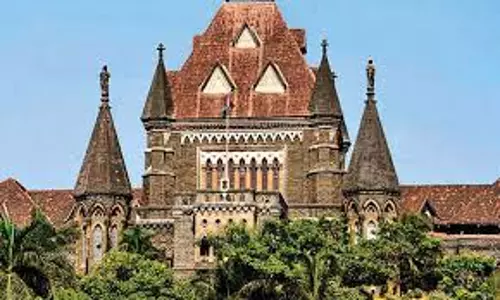
Child sexual abuse victims must receive compensation: Delhi HC
text_fieldsNew Delhi: The Delhi High Court said child survivors of sexual abuse must receive compensation to ensure survivor-centric justice. Addressing an appeal challenging the grant of compensation of Rs 50,000 to a 7-year-old victim of sexual assault, the court said it is important to prevent the revictimisation of the child.
"The criminal claims the survivors' life. If not physically, then it affects their mental and emotional state. It, thus, becomes imperative that the survivor of the crime is not overlooked and rehabilitation for the sufferings of the survivor is not overlooked," said the order of Justice Jasmeet Singh.
"There is a duty cast on the state to protect their rights and deliver justice to the survivors. This justice, in the form of compensation, should be given its liberal meaning thereby giving the maximum benefit and as quickly as possible," added the justice. Singh further said justice for survivors of sexual violence has several components such as having a voice, being treated with dignity, being informed, and being able to participate in the justice process. "Justice is not only about calling wrongdoers to account, but also having them take responsibility for their actions."
The court observed that the prevention of sexual violence is essential to the survivors' sense of justice. "It entails the transformation of society into one that understands and recognises the harms of sexual violence and that actively makes efforts to reduce its prevalence, and therefore goes beyond (though still includes) the rehabilitation of individual offenders."
Referring to WHO's findings, the Delhi court noted that exposure to violence at an early stage can impair brain development and damage the nervous system. It can also affect the endocrine, circulatory, musculoskeletal, reproductive, respiratory, and immune systems, with lifelong consequences. The incident can also negatively influence the cognitive development of the child and lead to educational and vocational underachievement. Survivors are also prone to substance abuse, anxiety, depression, and suicidal tendencies.






















